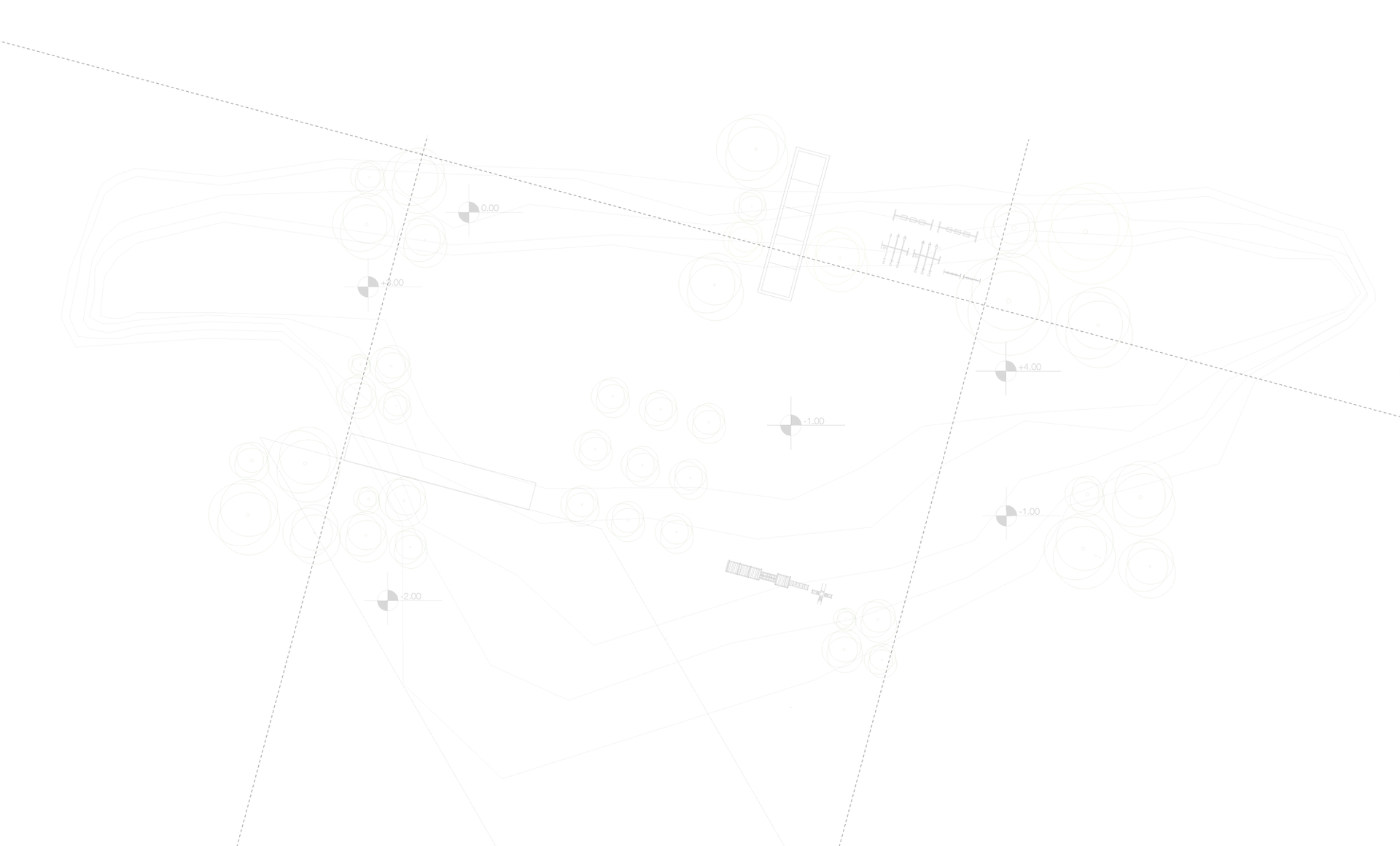
Each project should be an investigation into defining space in varying, even contradictory ways, in a search for a specific architectural experience. It is even possible to articulate specific terms to describe these quests. For the most part, architecture today is built without any special intentions regarding the experience of space, beyond its pure three-dimensionality. In this sense, the search for experience of space in architecture could become an element of creative resistance, insisting on the integrity of the discipline. In the serious work of architecture, this experience should become a point of departure and a main driving force for all thoughts during the the design process.
But –“A building is not like an experiment in science, because the experience of the architectonic space is something you can not separate from the space itself. The quality of architecture can only be verified within the experience of the building itself. The plan is only a tool, models are only an approach; they cannot replace architectonic space. I am nonetheless interested in making models, and sketches as pictures and showing them in exhibitions, because by reducing the experience of space they can help to focus on individual aspects of architecture. Every kind of medium translates space into something else that can be put into a book or an exhibition, carried around, or sent by email. This change, this crucial experience of the architectural space can provide an awareness of certain individual aspects of architecture…..” “…. A sea of pictures from our pages on Facebook, Tumblr, and homepage reflect on singular, fragmented aspects of architecture, on impressions that pass by without any clear statement. Some pictures are merely raw material which may, one day, become a starting point of an idea or just help to clarify a singular question in an ongoing design process…..Other pictures taken on different journeys and shown at lectures try only to memorize and describe the experience of the real, absent architecture. All these pictures show a never-ending field of possibilities for a project, a starting point full of incertitude. Only in a project will these streams of pictures eventually meet and find some evidence hidden in its conceptual logic.”
Christian Kerez
So, what does it mean to design architectonic space as an experience? And what if this space is not a`space-whatever`
but a contemporary Nordic space, a dark, introvert, precisely constructed, modest and at the same time - an ambiguous space.
Teachers
Neven Mikac Fuchs
Christian Kerez
Young Eun Choi
Bosheng Gan
Chris Engh
Julie Aars
Students
Kosha Ahmadi
Amos Chan
Wai Fung Chu
Håkon Dedic
Laura Eberhardt
Stian Fammestad
Edvard Glazebrook
Truls Glesne
Camilla Gormsen
Pia Habostad
Karlis Jaunromans
Jon Morå
Bo Peng
Ines Soares
Eric Solheim
Bianca Suarez Steckelmacher
Cecilie Sundt
Jonathan Varnes
Wenkai Xu
Yao Zuo